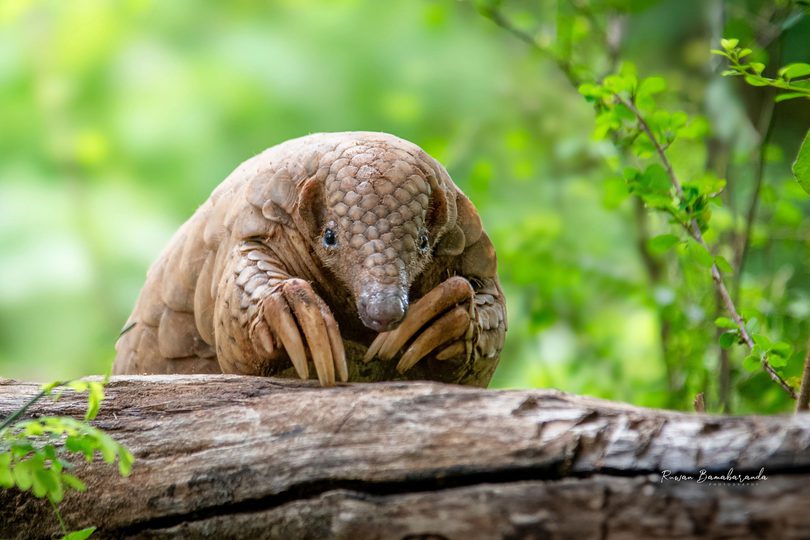
Analysis of nearly half a million Weibo posts shows how COVID-19 transformed online debate about wild meat in China, reshaping attitudes towards conservation and public health.
Researchers examined 488,016 posts on Weibo between September 2019 and August 2020 and found that public sentiment shifted dramatically during the early months of the pandemic. Conversations that once framed wildlife as a delicacy increasingly linked it to disease risk, and most users supported the government’s ban on consuming terrestrial wild animals introduced in February 2020.
In February 2020 China introduced a ban on consuming terrestrial wild animals for food. The study finds that most Weibo users supported the policy during the period analysed. Support was strongest for measures linked to pangolin protection and to perceived disease risk from bats. Opinions were more mixed for snakes and wild pigs, reflecting their popularity as delicacies in some regions and concerns about impacts on wildlife farming and livelihoods.
Oxford researcher Yuhan Li explained:
“Our study reveals how the pandemic rapidly shifted public attitudes toward wildlife consumption. While conservation values became mainstream, people still held differing views on the boundaries of the wildlife consumption ban, and social media data captured this moment vividly.”
“Our results highlight the importance of understanding public sentiment and the perspectives of diverse stakeholders when formulating policies to regulate wildlife use and trade. This is critical to help ensure that resulting policies are socially legitimate, even in times of shock, and social media offers a neat way to achieve this.”
The research team examined posts mentioning pangolins, bats, snakes and wild pigs. Across these groups, disease and conservation dominated. Users also debated the permitted roles of wild animals in research, display and traditional Chinese medicine. Many questioned the medical efficacy of wildlife-derived ingredients and highlighted conservation impacts, particularly for pangolins, while a minority defended aspects of traditional practice.
Verified Weibo accounts, including celebrities, official media and NGOs, amplified calls to reject wild meat. The most active verified users skewed younger and more female than the wider user base. While social media does not capture every perspective, the authors argue that large-scale sentiment analysis can help policymakers gauge public support, anticipate pushback and refine communication.
Senior Research Fellow on the Oxford Martin Programme on Wildlife Trade, Dr Dan Challender noted:
“Our results highlight the importance of understanding public sentiment and the perspectives of diverse stakeholders when formulating policies to regulate wildlife use and trade. This is critical to help ensure that resulting policies are socially legitimate, even in times of shock, and social media offers a neat way to achieve this.”
Understanding how people respond to policy change in real time can inform conservation and public health strategies. If attitudes continue to favour reduced consumption of wild meat, effective enforcement, clear definitions and engagement with affected industries will be essential to translate online sentiment into lasting outcomes.